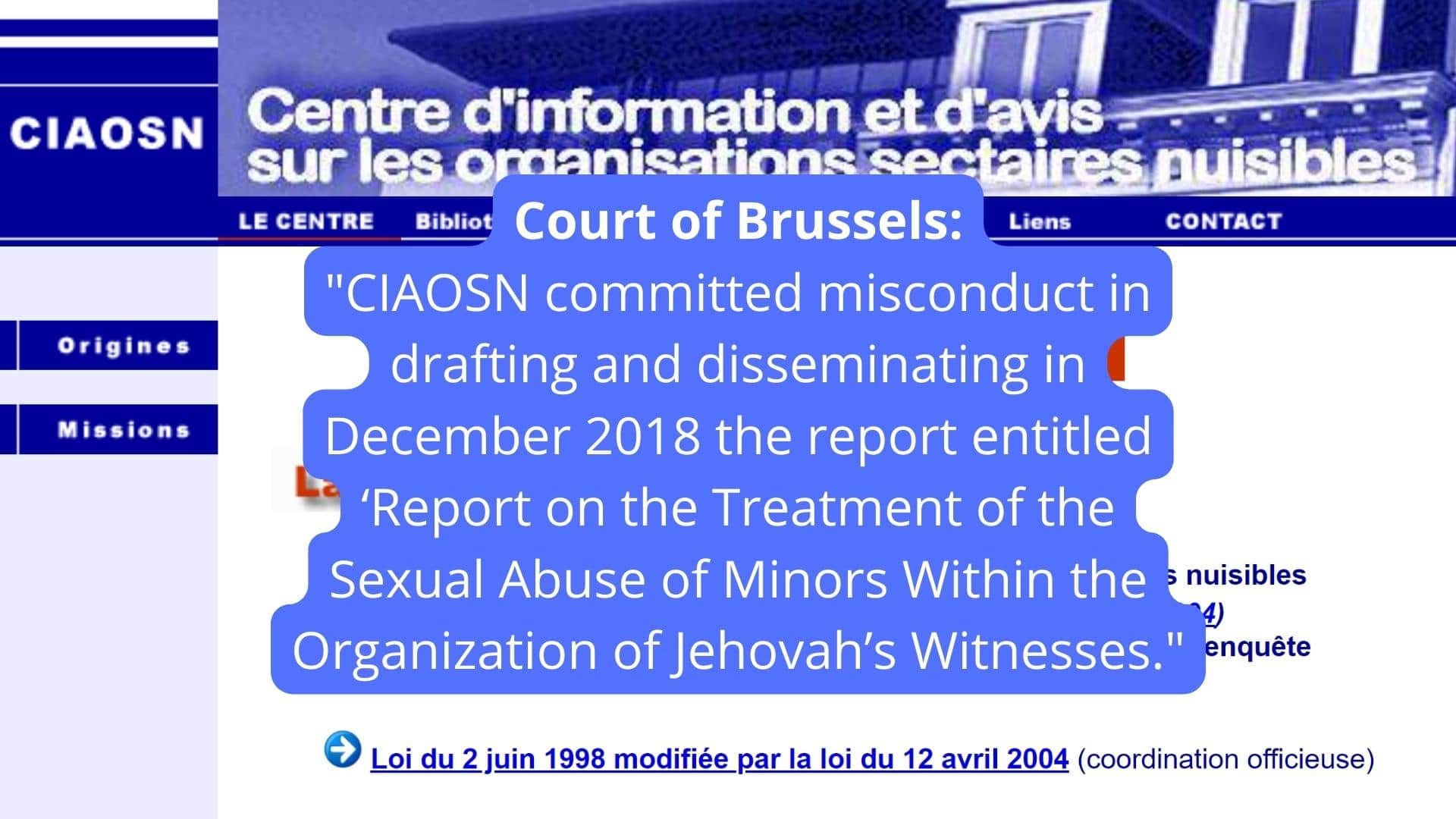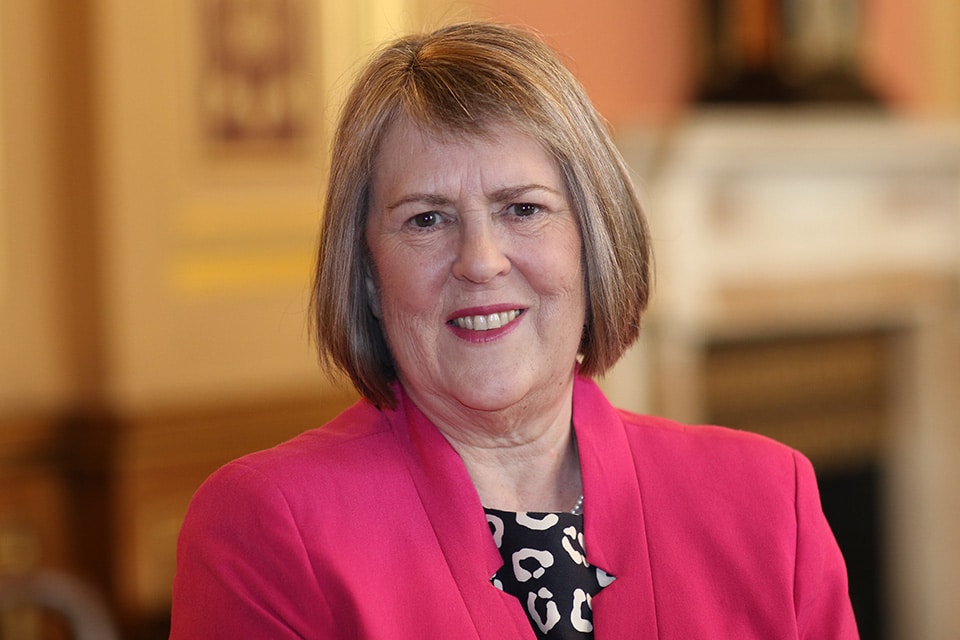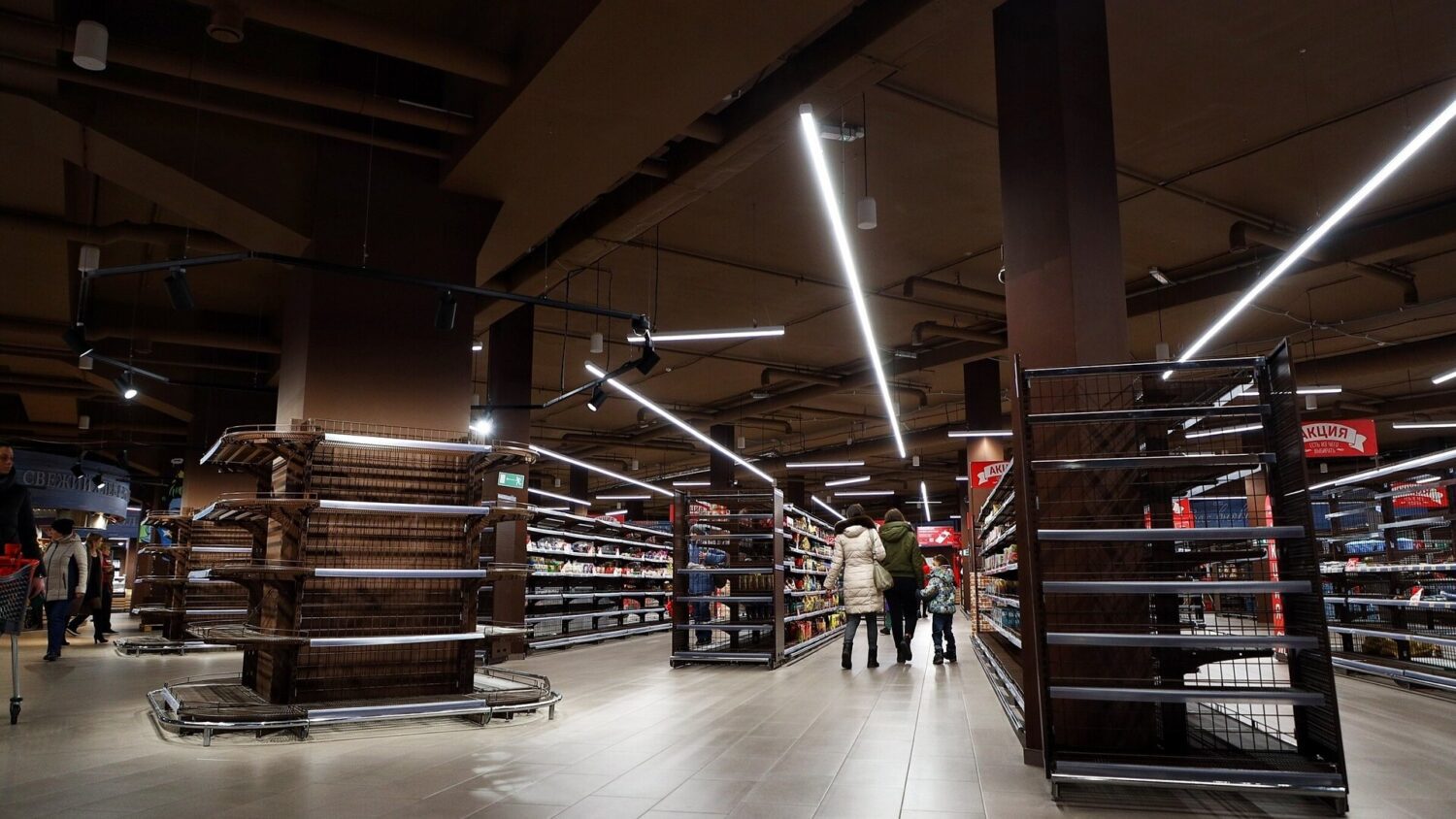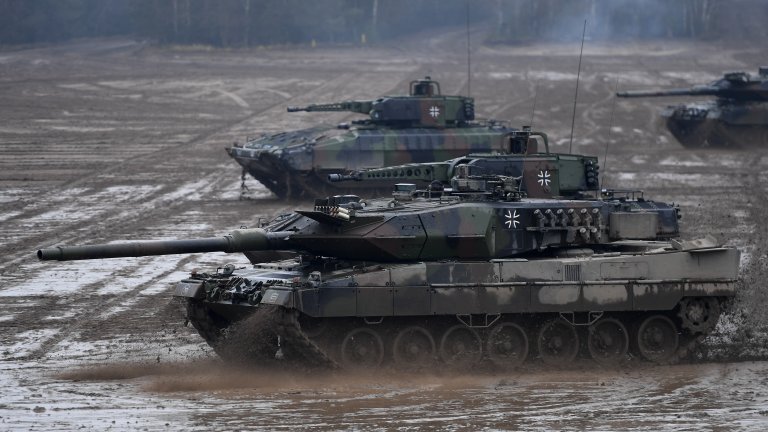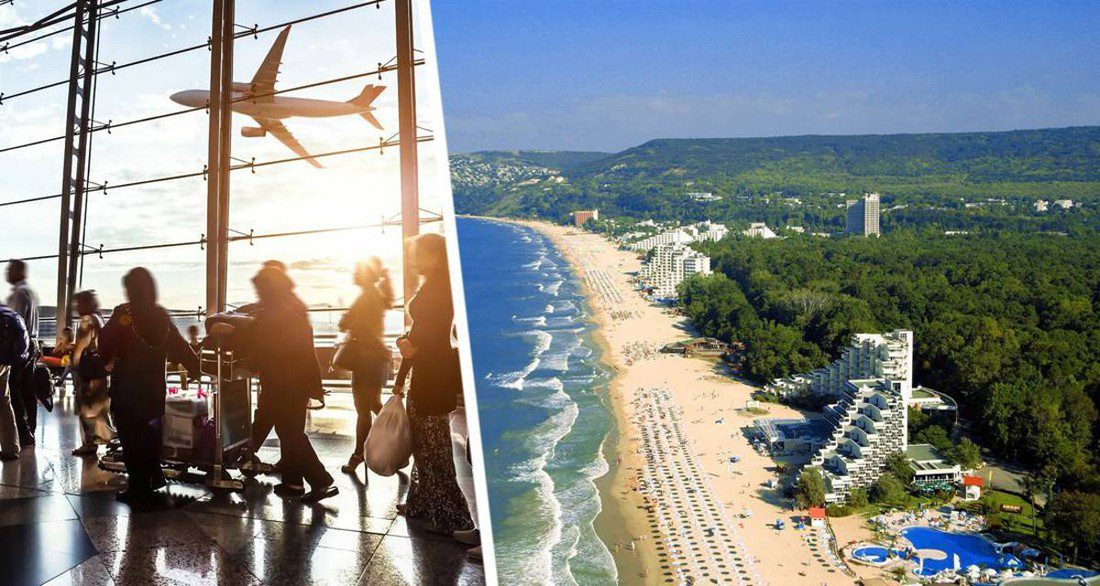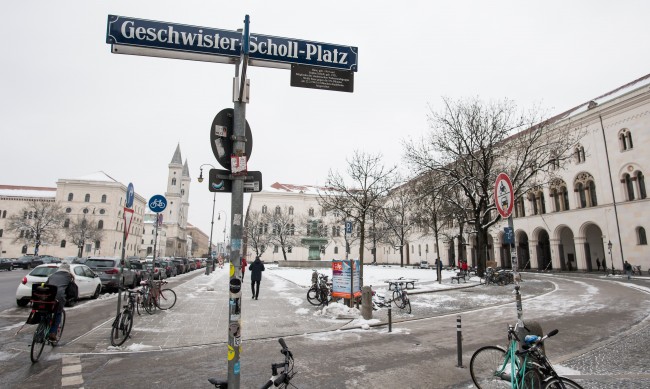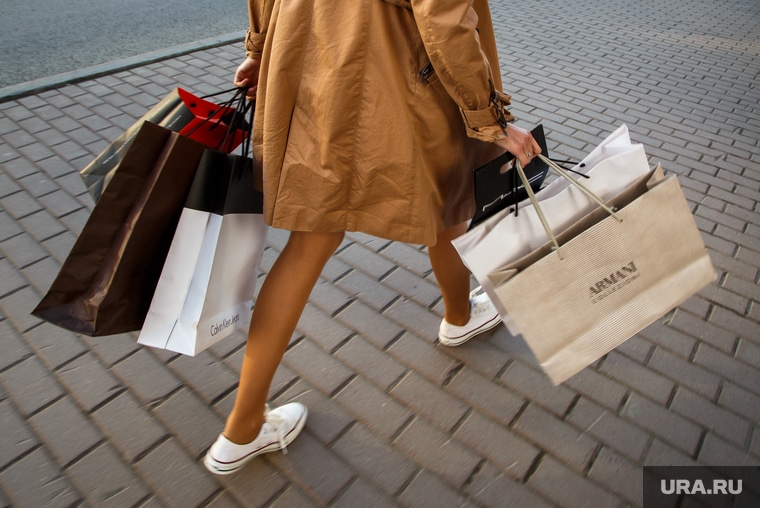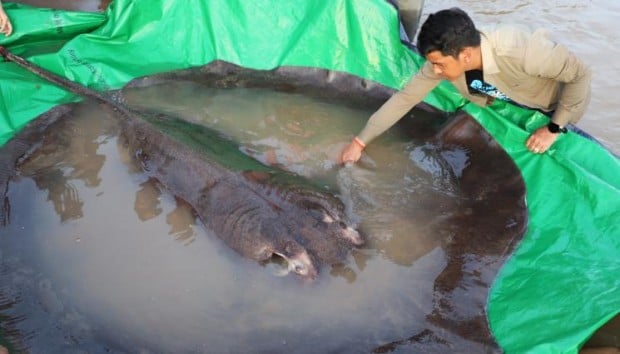The governmental “cult watchdog” CIAOSN published a text that was methodologically faulty and included false statements, the judge said.
The Jehovah’s Witnesses have obtained another legal victory in Belgium on June 16, 2022, this time against the governmental “cult watchdog” called CIAOSN (Centre d’information et d’avis sur les organisations sectaires nuisibles, Centre for Information and Advice on Harmful Cultic Organizations), an independent center established by the Belgian law of June 2, 1998, amended with the law of April 12, 2004, at the Belgian Ministry of Justice.
On November 30, 2018, CIAOSN produced the report “Signalement sur le traitement des abus sexuels sur mineurs au sein de l’organisation des témoins de Jéhovah” (Report on the Treatment of the Sexual Abuse of Minors Within the Organization of Jehovah’s Witnesses). The report was shared with the House of Representatives and the Minister of Justice. In the following months, news about the report were published by several Belgian media, claiming that a CIAOSN official document had indicated that the Jehovah’s Witnesses were hiding cases of sexual abuses of minors happening within their congregations, and a public investigation was needed. In fact, in February 2019, a parliamentary Working Group investigating the issue was created. On April 5, 2019, the Working Group issued an interim report, which recommended that the “study of the CIAOSN report” will be continued by the Parliament.
At the same time, also based on the CIAOSN report, a criminal case was started. As reported by Bitter Winter last year, on October 5, 2021, after an investigation and a search at the national Belgian headquarters of the Jehovah’s Witnesses, the Tribunal of First Instance of Brussels dismissed the accusations against the Belgian organization of the Jehovah’s Witnesses and individual members of the organization, who had been accused of not reporting to the police allegations of child sexual abuse in their congregations they had become aware of, thus violating Articles 422 bis and 442 quarter of the Criminal Code of Belgium, which make reporting mandatory.
In 2019, the Jehovah’s Witnesses sued the author of a particular vicious article published in the Belgian newspaper Le Soir and the publisher of the newspaper. On November 16, 2020, the Court of Brussels found against the Jehovah’s Witnesses, arguing that the newspaper had based its article on a report by CIAOSN, a reliable governmental agency. The Jehovah’s Witnesses then proceeded to sue the Belgian state, which is responsible for the activities of CIAOSN, on June 17, 2021.
The Jehovah’s Witnesses noted that the CIAOSN report was based on a faulty methodology, which led to unsupported conclusions and to false and slanderous information spread to the media.
CIAOSN stated in the document that, “In June 2018, CIAOSN received a notification according to which three of the 286 testimonies received by the Foundation ‘Reclaimed Voices’ in the Netherlands concern facts which have allegedly taken place in Belgium.” It would seem that this was one of the elements that caused the production of the CIAOSN report.
However, on March 9, 2021, the Brussels-based NGO Human Rights Without Frontiers reported that, “A Dutch-speaking member of the board of Human Rights Without Frontiers (HRWF) contacted Reclaimed Voices in The Netherlands to check the credibility of this information and get more details about the three alleged cases of sexual abuse in Belgium. In his answer, the head of Reclaimed Voices in the Netherlands denied such a news made public in Belgium, saying in a private correspondence dated 10 February 2021: ‘The information in the report of the CIAOSN is not correct. On 29 March 2019, we sent an email to CIAOSN about this inaccuracy. At that time, it came to our attention that Koen Geens, Minister of Justice (CD&V), had said on Radio 1 in Belgium: ‘It is the CIAOSN itself which has gone to the Netherlands to find this information and has stated that among the 286 Dutch complaints there were three Belgian ones.’ Something similar was said on television at ‘Van Gils & Guests.’ In the Dutch media, we have only testified about the situation in the Netherlands. The figures that were mentioned are only alleged victims of abuse in the Netherlands.”
How the data for the Netherlands were collected and compiled is highly questionable as well, but as far as Belgium is concerned the fact of the matter is that the three Belgian cases in the Reclaimed Voices list never existed. In the Brussels case, the Belgian government recognized this fact, but claimed that this did not invalidate the report as a whole.
Apart from the incorrect reference to three Belgian cases “found” in the Netherlands, CIAOSN mentioned that it had received other “direct or indirect” complaints, but most of its report did not deal with Belgium, there were no specific cases quoted, and most of the “information” offered came from press clippings.
The Jehovah’s Witnesses also relied on an expert report criticizing the CIAOSN text prepared by the undersigned (Massimo Introvigne) and by American scholars Holly Folk and J. Gordon Melton.
In its decision of June 16, 2022, the Court of Brussels sums up the main point of our criticism as follows: “lack of discussion of the methodology; a selective use of a few reliable academic sources; a subjective appreciation of certain beliefs of Jehovah’s Witnesses as peculiar or bizarre, when these beliefs are shared by many Christian denominations; the predominance of newspaper clippings as sources of information, and the omissions and errors that such sources have caused; a lack of contact with the national office of the Jehovah’s Witnesses; the lack of verification of the truth of the allegations; the lack of evidence of an alleged connection between sexual abuse and disfellowshipping of those who report it; the reliance on the controversial Australian Parliamentary Commission’s [Royal Commission] report, whose figures are based largely on unconfirmed allegations of abuse within the family and outside of any institutional context; the reliance on CIAOSN’s biased theory that their dualistic worldview makes Jehovah’s Witnesses an ‘at-risk’ organization, whereas this worldview is shared by most religious communities.”
The decision reports our conclusions as follows: “Jehovah’s Witnesses are singled out because the anticult ideology stigmatizes them as the quintessential ‘cult,’ and creates a climate where “cults’ cannot hope to be treated fairly. The CIAOSN Report is methodologically problematic, and relies largely on press clippings and information supplied by anti-cultists, some of them connected with FECRIS, an organization an official American commission has denounced for systematically spreading false information about groups it labels as ‘cults,’ particularly the Jehovah’s Witnesses. The claim that there is a vast number of cases of unreported sexual abuse among Jehovah’s Witnesses in Belgium is not substantiated by the report’s own content. Unfortunately, CIAOSN’s Report cannot be regarded as an objective, unbiased report. The fact that no representatives of the Jehovah’s Witnesses were interviewed during the preparation of the report, that Reclaimed Voices cases were accepted at face value without an effort to investigate whether they really happened and were correctly reported, that press clippings, as well as information from anti-cult organizations, were largely and uncritically used, are all elements pointing to a bias. We recommend that no governmental or other action be taken based on this document [the CIAOSN report].”
The judge noted that all what the Belgian government and CIAOSN had to oppose to the experts’ critical analysis was that “the disputed report ‘is based on cross-checked and reliable sources, cited in the footnotes.’” The judge was not persuaded, and concluded that “the simple allegation by the Belgian state that the report is the result of meticulous research work by the CIAOSN does not allow to deny the critical analysis prepared by the experts.” Indeed, the judge found that press clippings and biased accounts, including the controversial Australian report, were the only sources of the CIAOSN report. A governmental “research center that claims to be objective and impartial cannot reasonably base most of its assessment on press clippings or television reports, the judge said. Such a posture defended by the Belgian state ignores the principles of the scientific method and reverses the roles. A serious scientific discourse cannot find its source in the media.”
In conclusion, the Court of Brussels, in addition to ordering the Belgian state to pay the legal expenses of the Jehovah’s Witnesses, found “that the CIAOSN committed misconduct in drafting and disseminating in December 2018 the report entitled ‘Report on the Treatment of the Sexual Abuse of Minors Within the Organization of Jehovah’s Witnesses’.” The court ordered “the State to publish, at its own expense, the present judgment on the homepage of the CIAOSN website, for a period of six months from the expiration of a period of eight days from the date of service of the present judgment;” and “to publish a mention of the present judgment with a reference to its full text in the ‘news’ section of the CIAOSN website.”
The judgement will surely become a key precedent. It states that scholars of religion are a more reliable source on these matters than journalists and anti-cultists, and that governmental agencies dealing with the alleged “danger of the cults” are not above the law and can be legally prosecuted when they spread false information and slander.
First published at BITTERWINTER.



